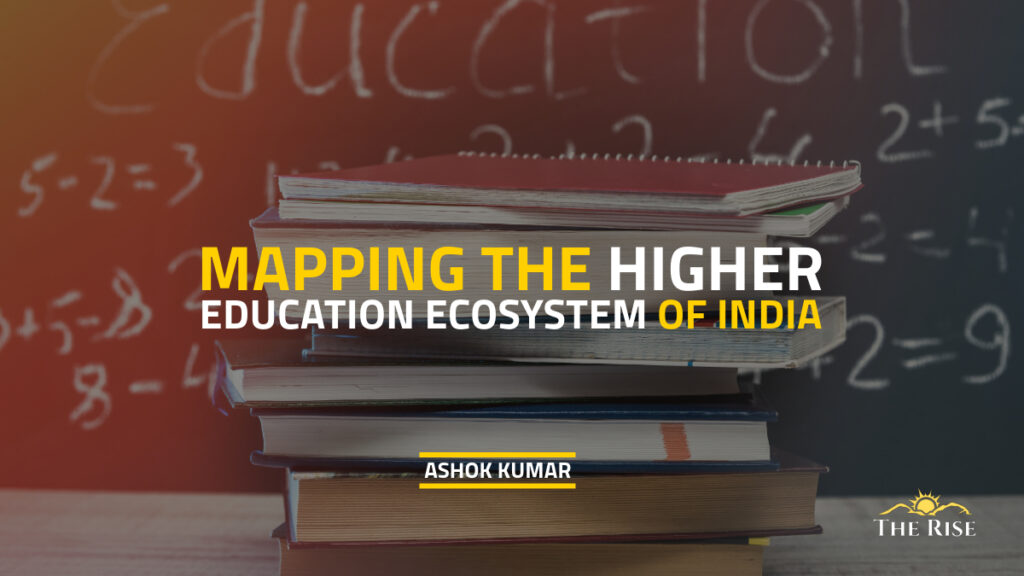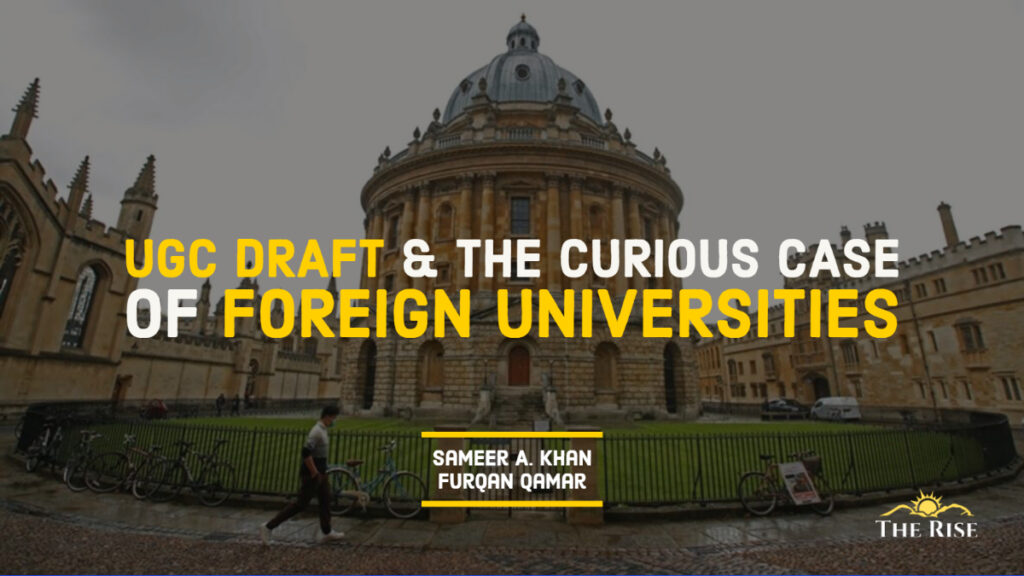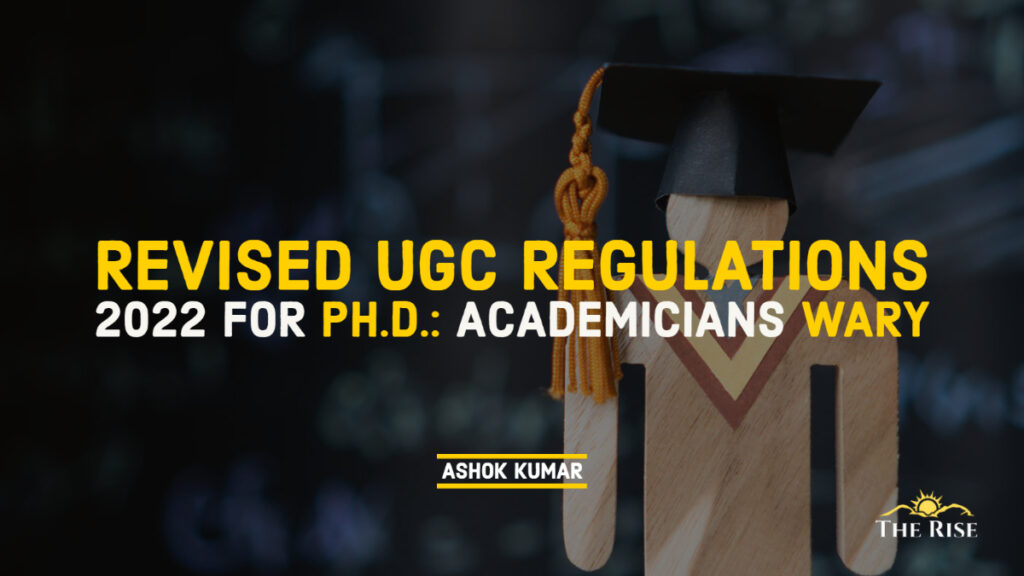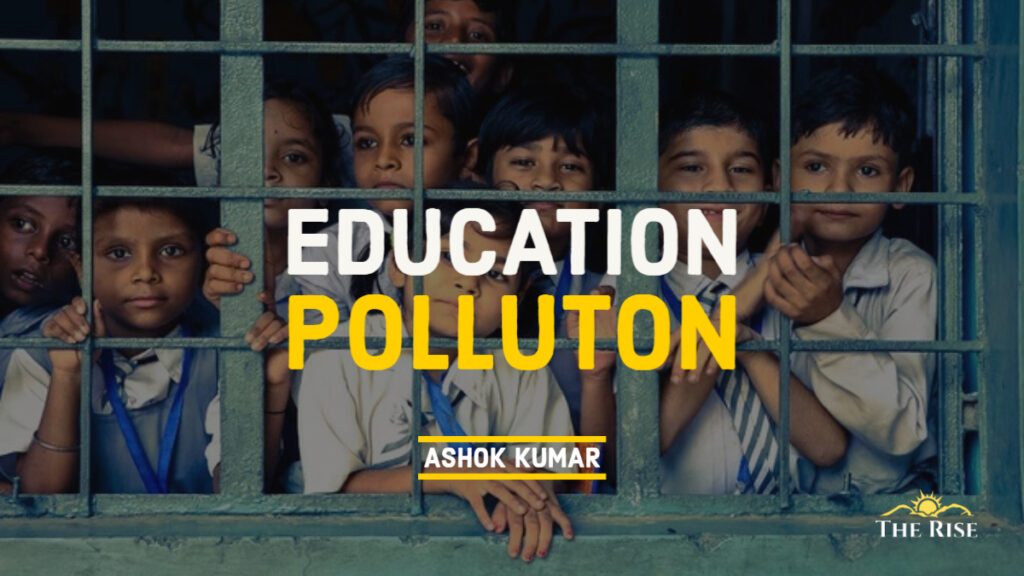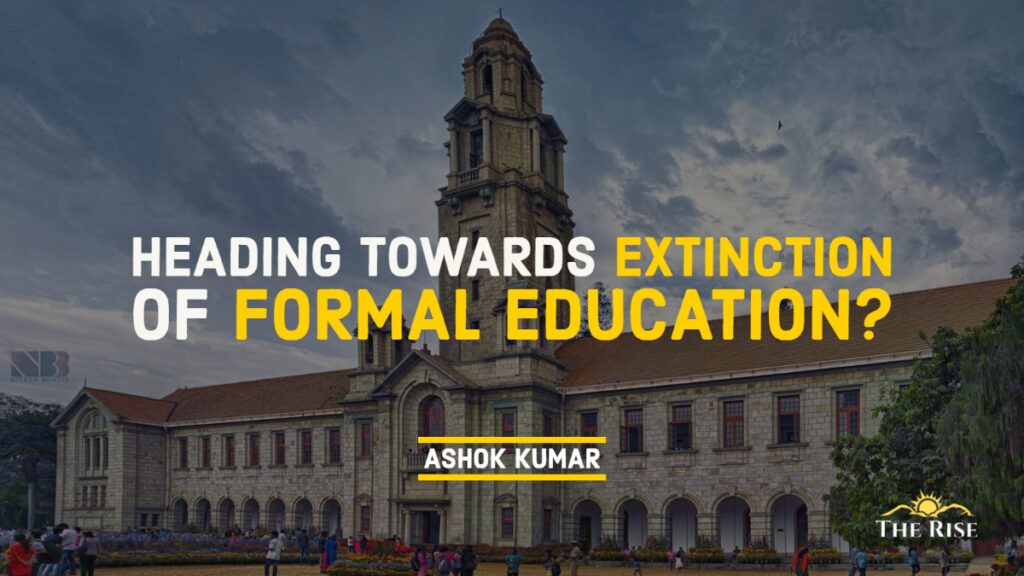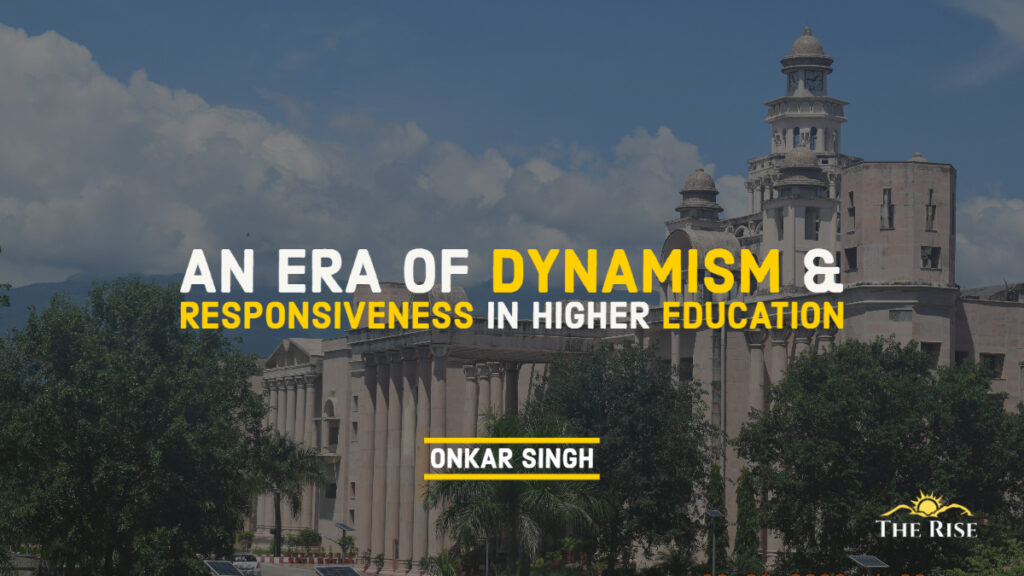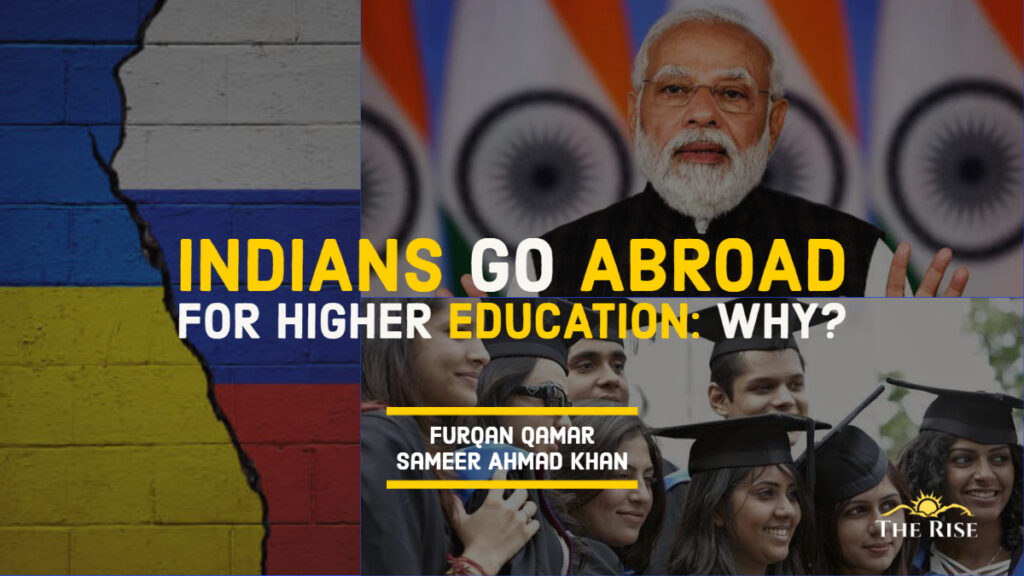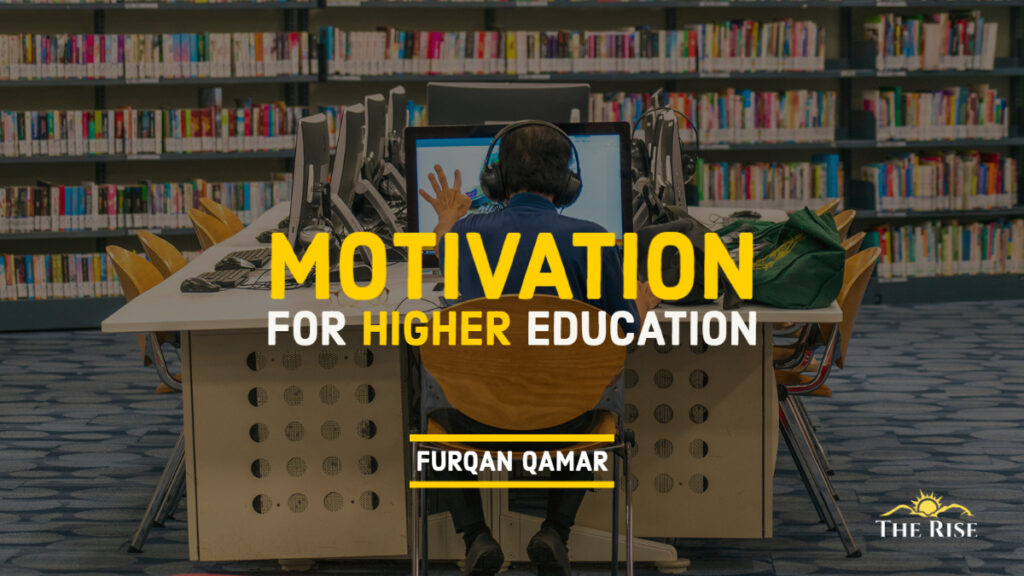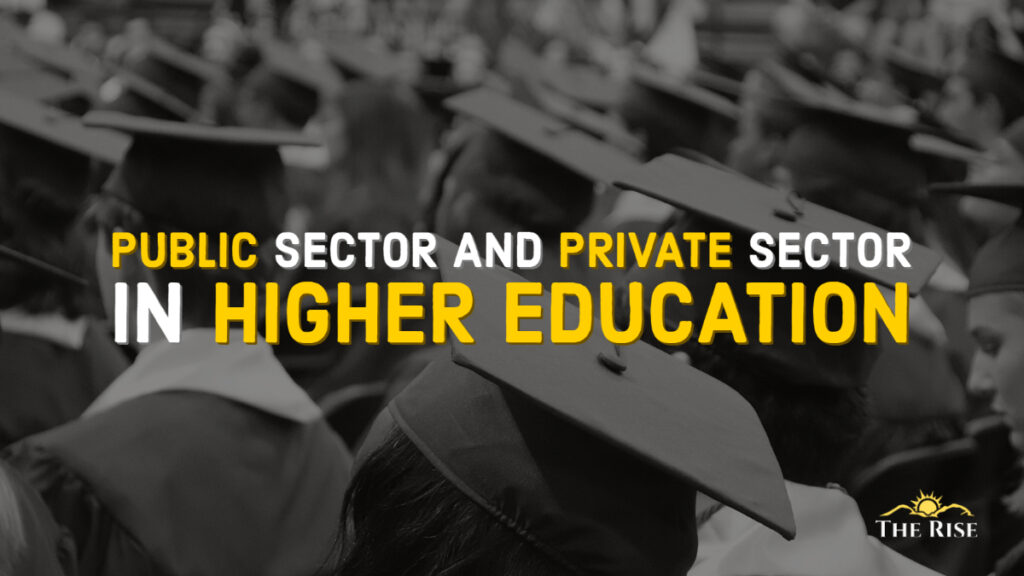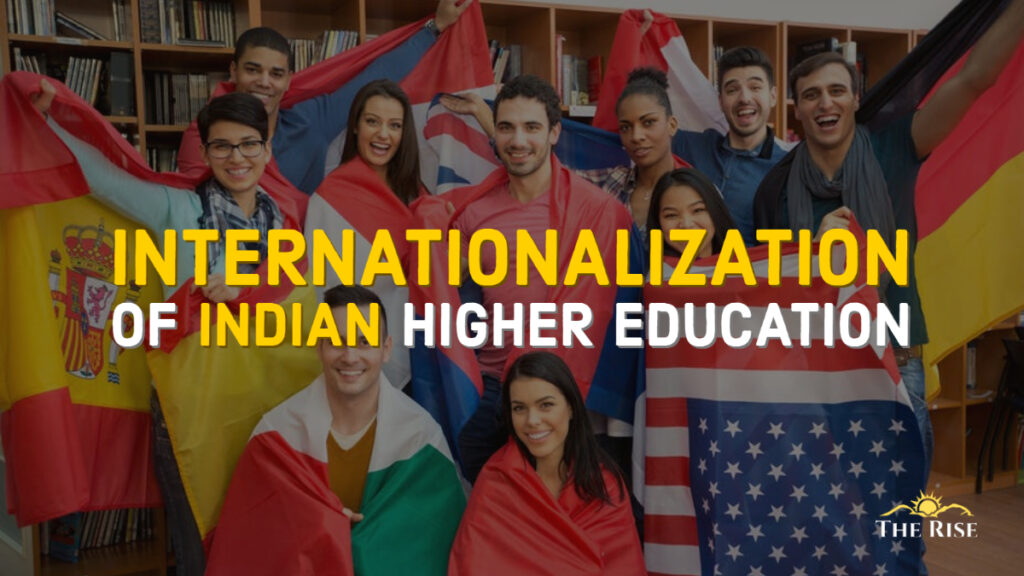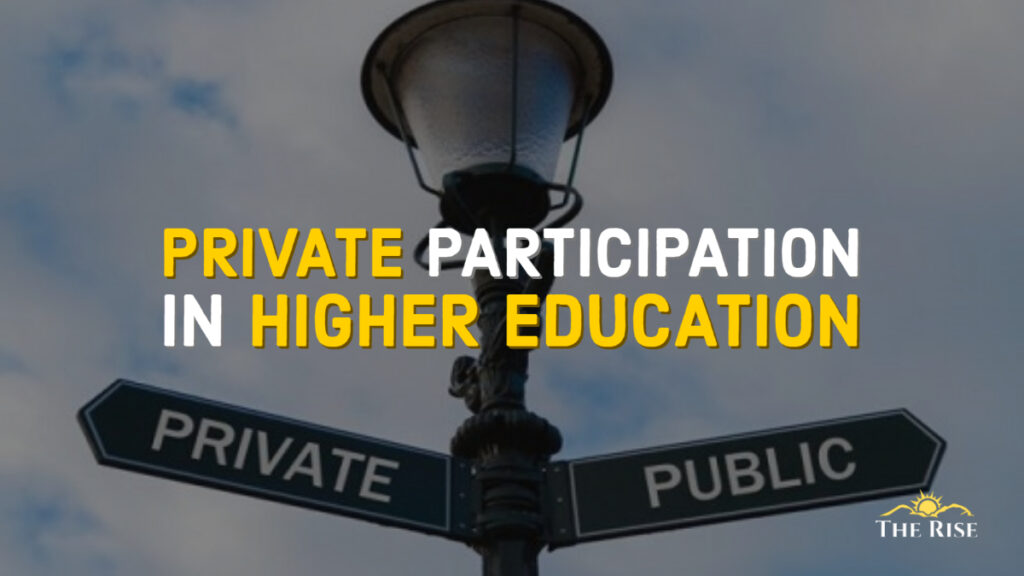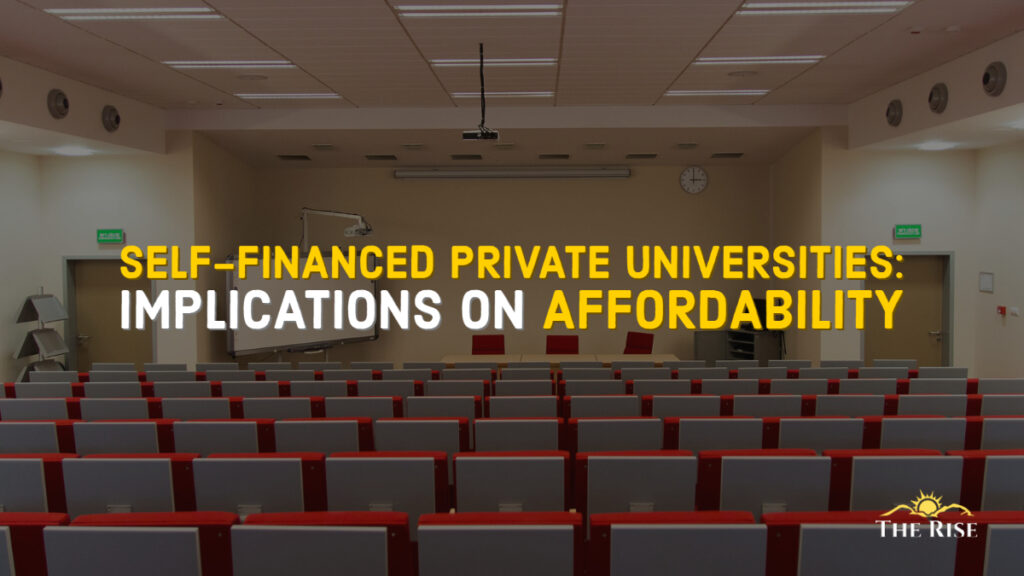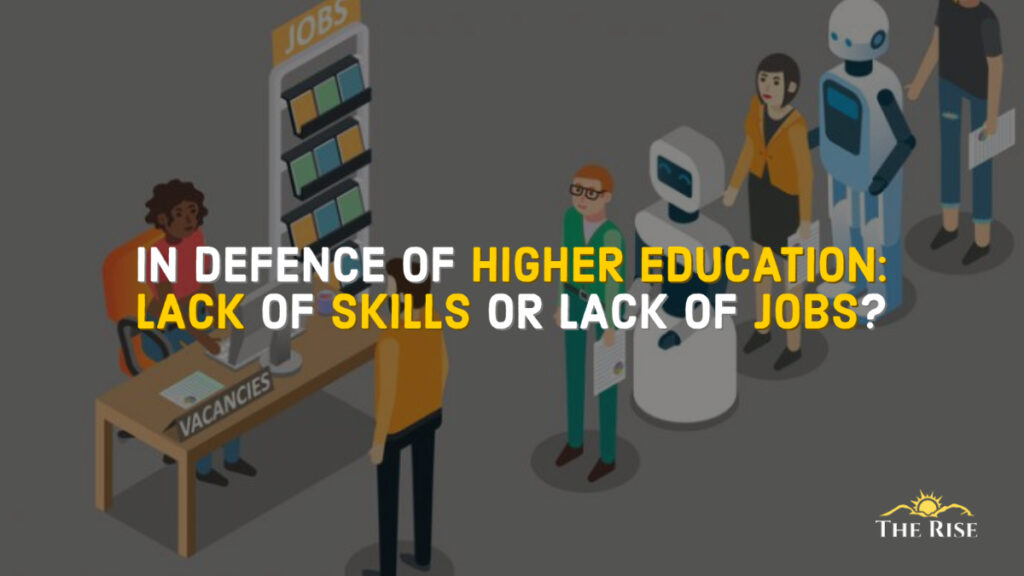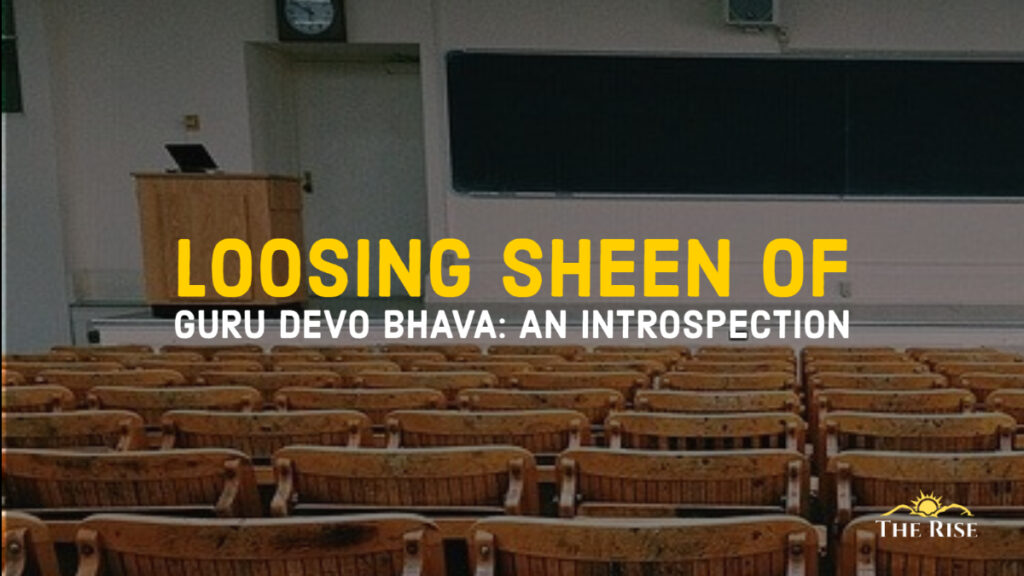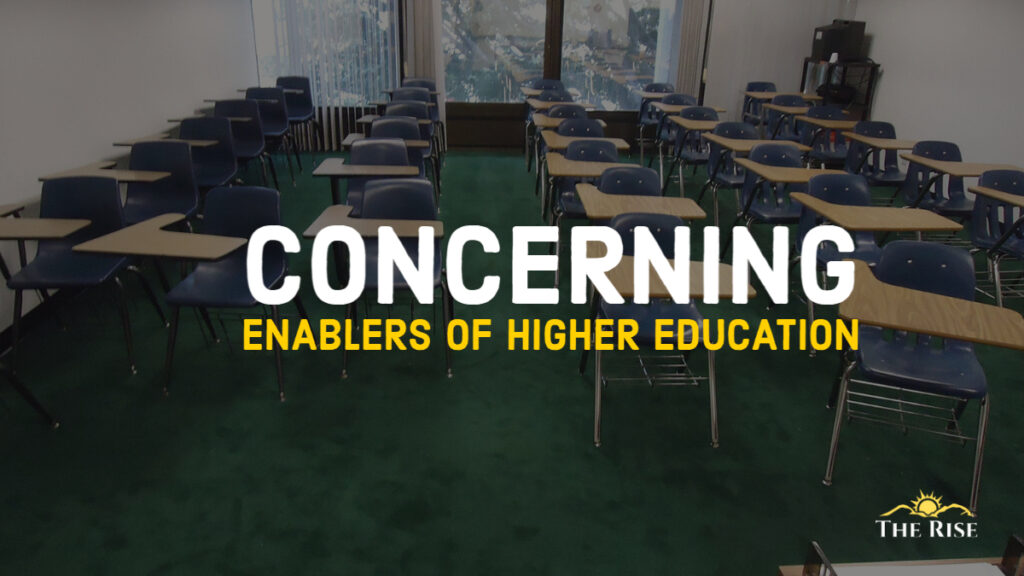Indian Teachers in Chakravyuh: Guru, Researcher or Contractual Worker?
The overall perspective on the Indian education system calls for introspecting on how well the teachers of today are mentoring the young generations. Given the teachers being put on the job of handling classes immediately after recruitment without appropriate pedagogical training, the weaknesses in their pedagogical practices remain predominant. The concept of ‘temporary teachers’ does not permit the institutions for systemic long-term improvements in teaching quality, thus, being detrimental to student development. The rush to figure out well in the accreditation and ranking frameworks is pushing teaching to the backseat. Teacher assessment tools ought to be remodelled to prioritize teaching over research for overcoming these challenges and making classroom teaching a high priority on the agenda of teachers. Student participation in the assessment of the educational deliveries from any institution is needed for prioritizing teaching activities over other aspects.
Indian Teachers in Chakravyuh: Guru, Researcher or Contractual Worker? Read More »


